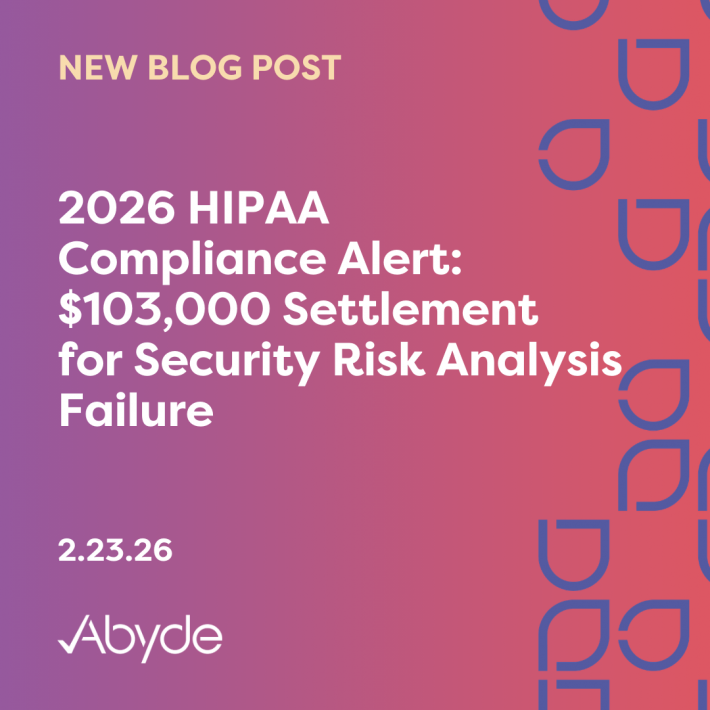March 6, 2024
Happy National Dentist’s Day! In honor of this special holiday, here’s a cheesy joke. What is a dentist’s favorite animal? A Molar Bear!
Now, please stop cringing. We apologize for the bad joke, if we could, we would give all dentists who use our software a little … plaque. Ba Dum Tsss.
Alright, now back to the more serious stuff. Dentists play an important role in our health, ensuring our smiles stay healthy and bright. However, they also have another major responsibility: following HIPAA regulations and protecting our protected health information (PHI).
Sometimes, dentists slip up on their compliance responsibilities. Here are some of the most common HIPAA hiccups dentists face.
Stolen Devices: One of the most common HIPAA violations for dentists is improper handling of stolen devices with PHI. In our tech-savvy world, computers and other devices play an imperative role in the dentist’s office, withholding information on patient’s personal information like billing, medical records, and more.
If you have a device with electronically protected health information or ePHI, in your practice, make sure it is encrypted, or in other terms, very secure software that makes sure the right people are the only ones who can access it. Additionally, if a device is stolen, make sure remote deletion is set up correctly, letting you delete sensitive data from it with another device. ePHI in the wrong hands can be dangerous, but with the right precautions, you can keep patients safe.
Disregardful Disposal: Another common HIPAA violation for dentists is improperly disposing of protected health information. From creation to disposal, PHi needs to be handled securely by your practice and complaint Business Associates (BAs). We’ve seen the after-effects of mishandled PHI, resulting in hefty fines. For example, a practice in Massachusetts improperly threw out PHI, throwing it in garbage bins outside the practice, and was fined over $300,000.
Retaliating Responses: On top of managing your practice’s reputation in person, you have to manage it online. A very common HIPAA violation is disclosing PHI through social media and review sites. While I know it can be hard to not defend your practice, keeping your cool for sure feels way better than losing thousands of dollars to a fine. A California dentist practice learned the hard way by being fined $23,000 for disclosing PHI on Yelp in heated responses. The moral of the story? Keep it short, sweet, and offline. If you want to share a customer testimonial or image of a customer, ensure a media consent form is signed.
Now, those are some of the most common HIPAA violations by dentists. Dentists have a lot on their plate, and sometimes, compliance falls on their list of priorities. That’s where Abyde comes in. We’re here to help make compliance simple for your dental practice, with a plethora of compliance resources. We pride ourselves on our efficiency, like turning the daunting Security Risk Analysis (SRA) into a minutes-long questionnaire, pinpointing everything you need to know for your practice. This results in a scorecard, with best practices to avoid HIPAA violations, including the ones mentioned above! The Abyde software also includes engaging training (that does not require you to shut down your practice for all to complete), dynamically generated policies and procedures, documents, like the media consent form, and more.
We’re here so you can focus on what’s important, taking care of patients. Have a wonderful Dentist’s Day, and relax, let us take care of the compliance.
For more information on how Abyde can simplify compliance for your practice, email info@abyde.com and schedule a consultation here.





